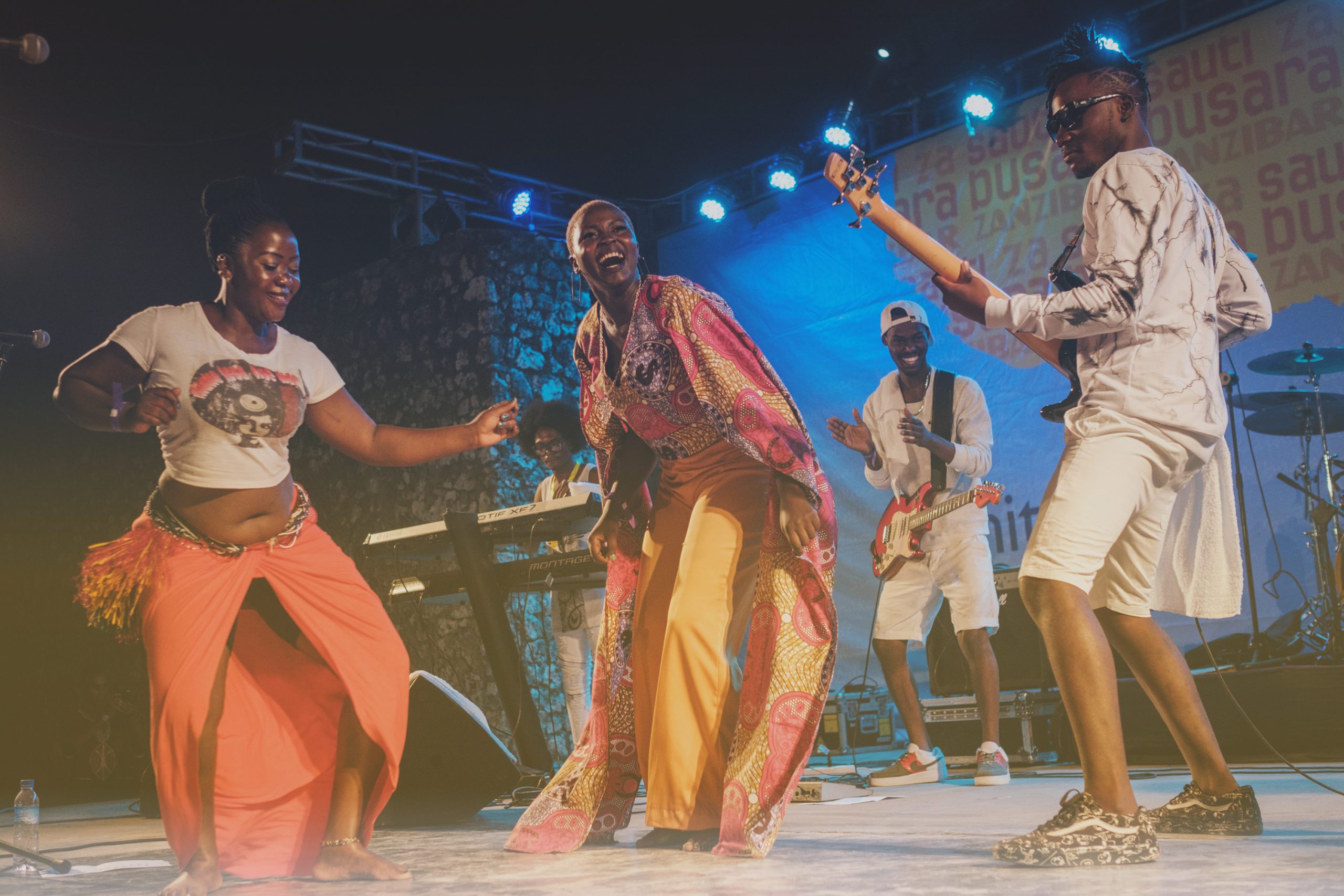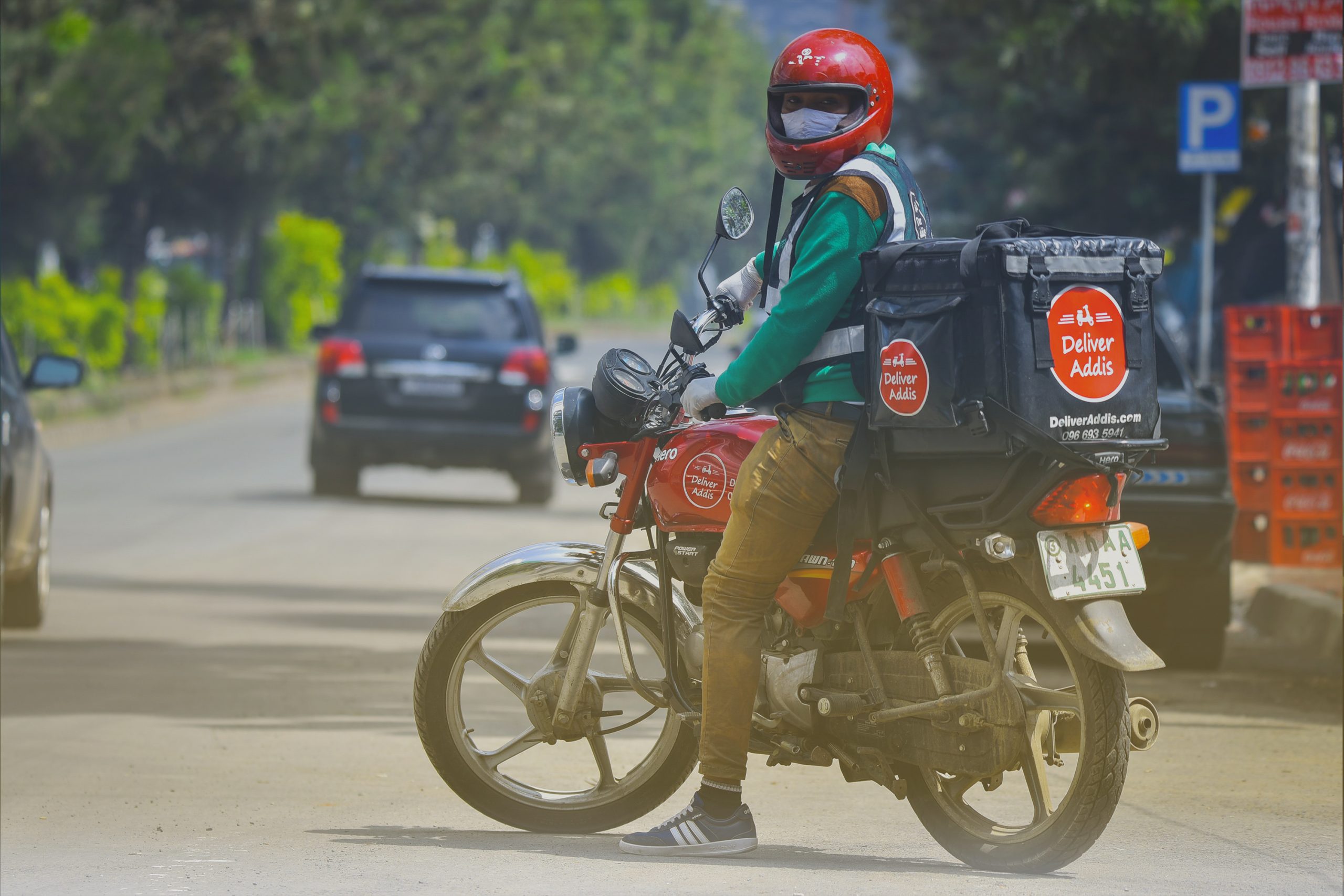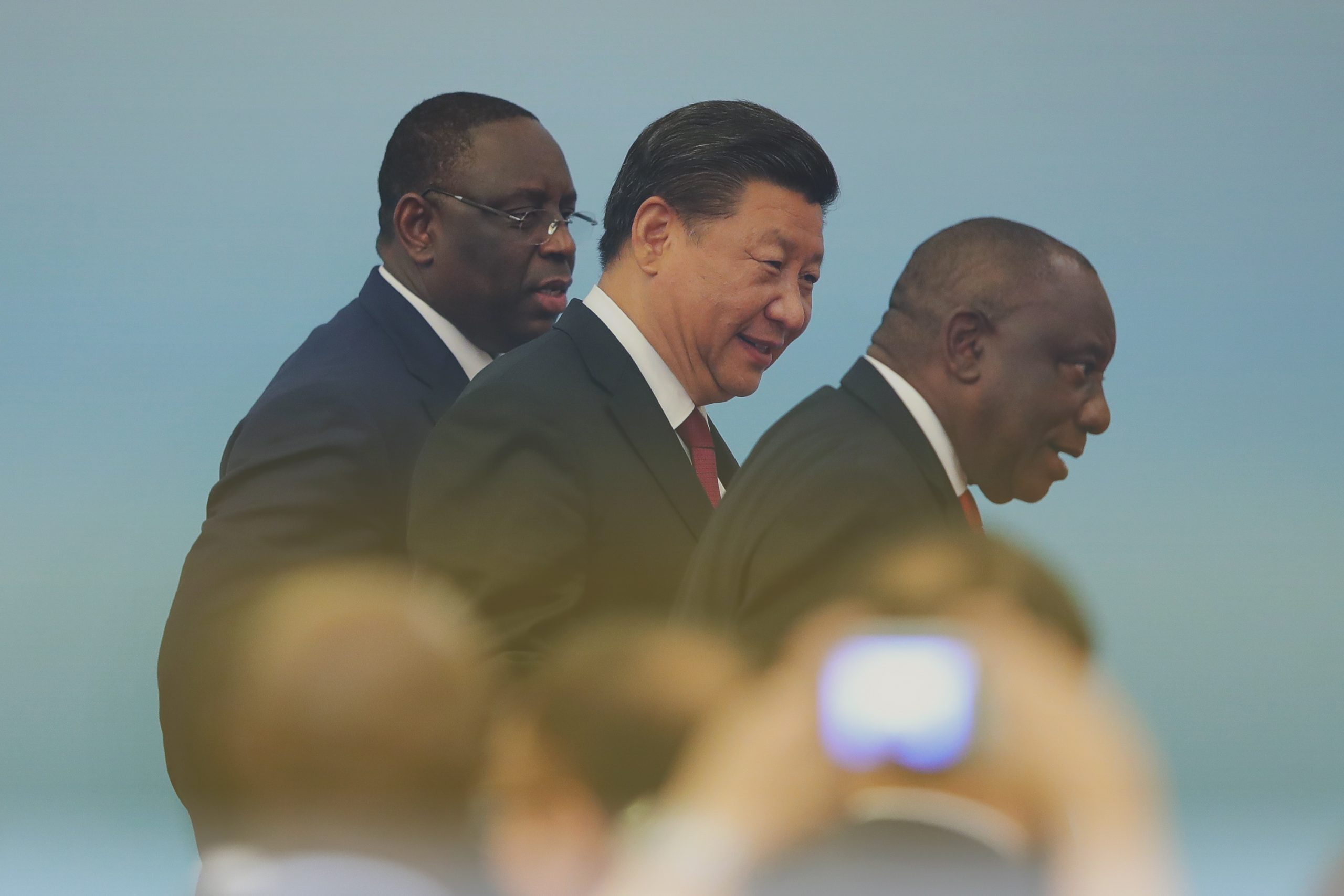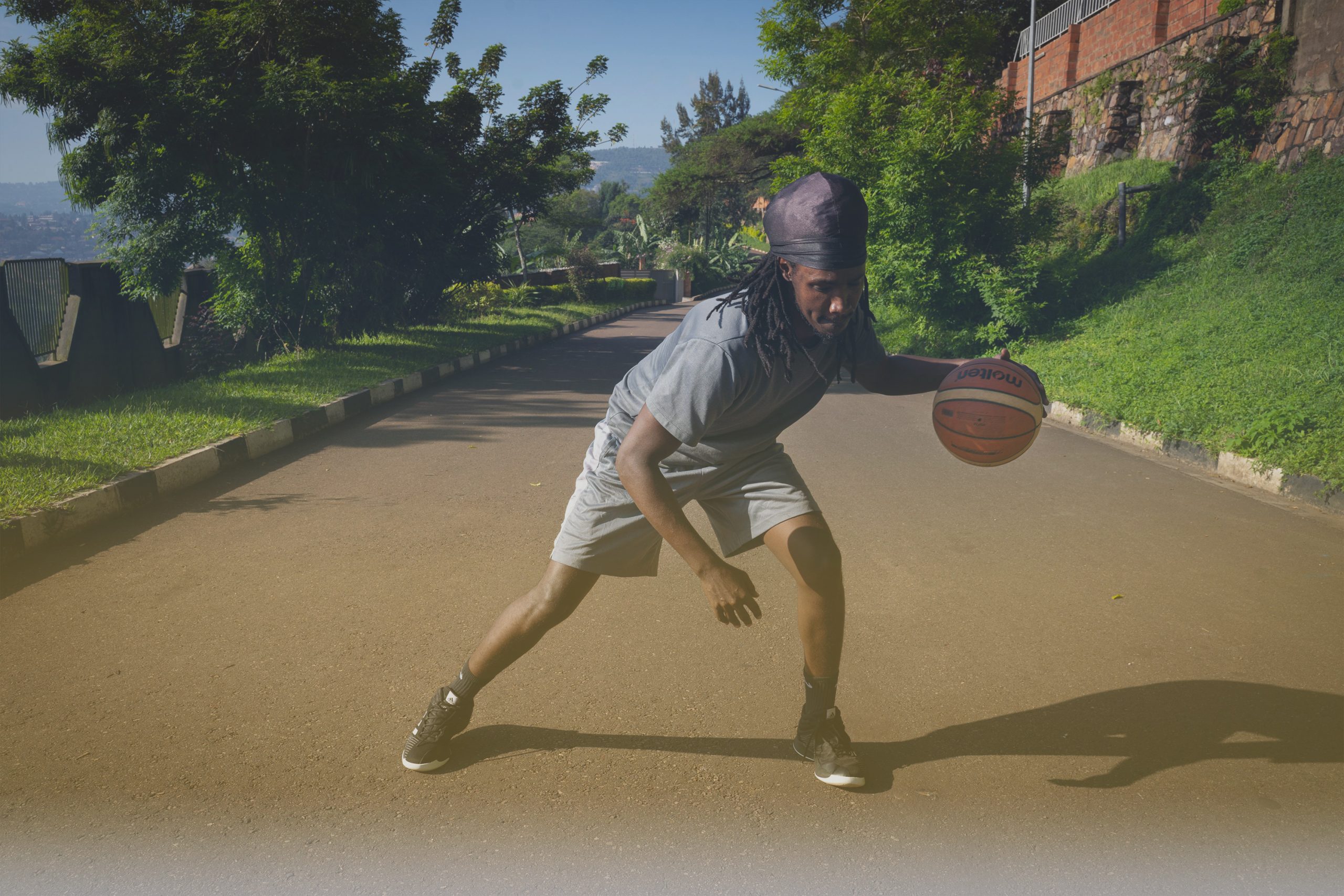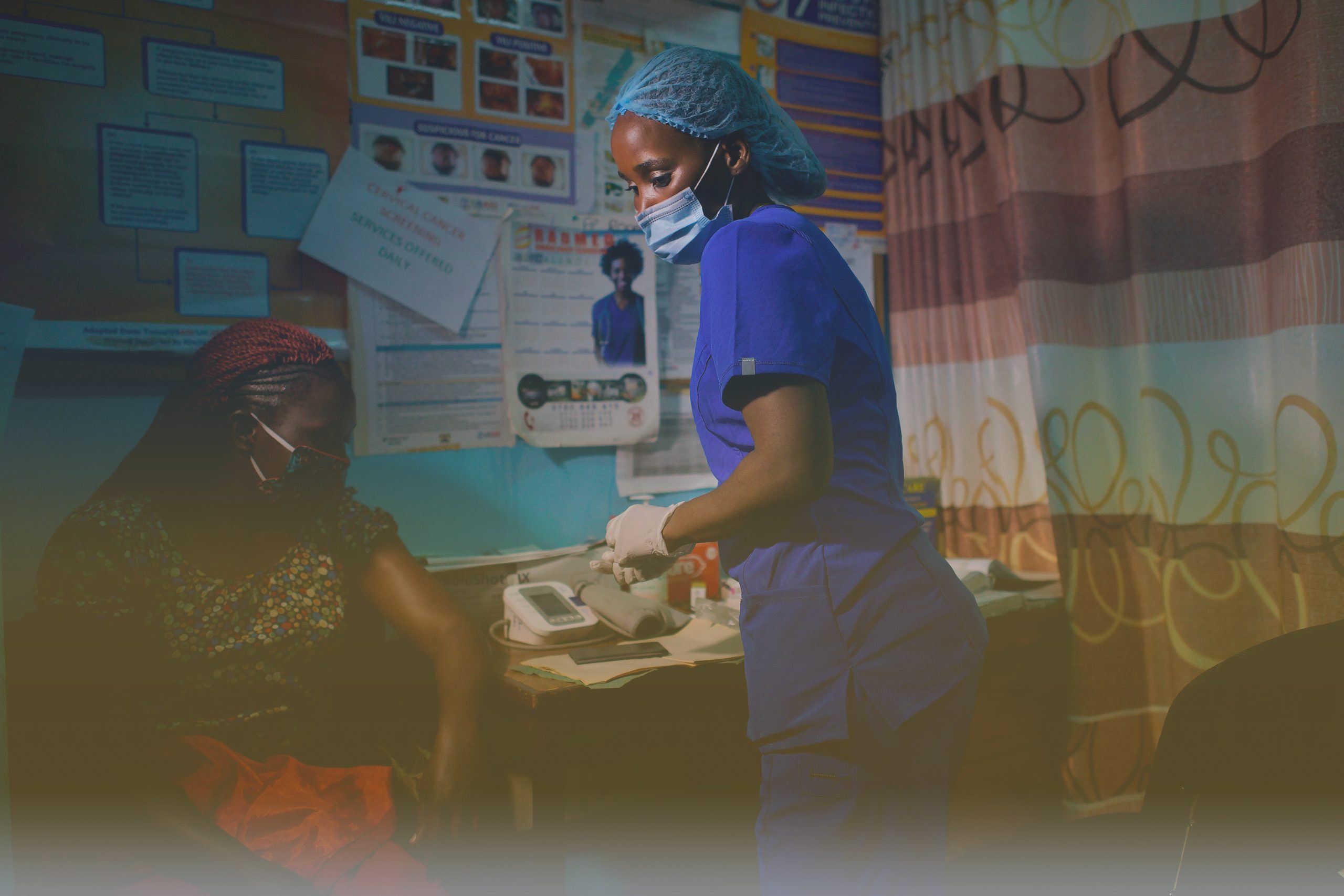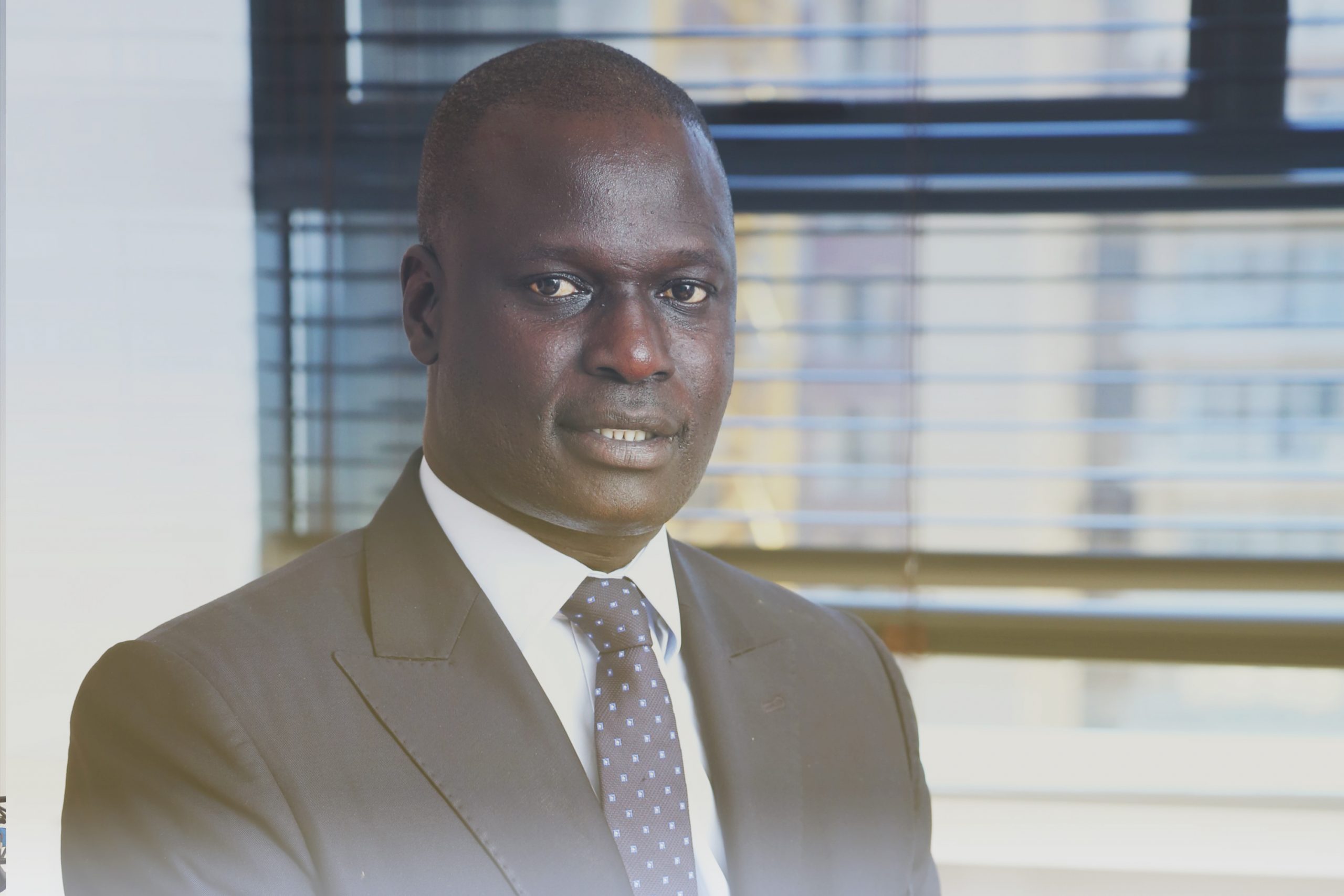Africa’s creative industry is currently steeped in uncertainty. The creative world and artists, whose work thrives on human interaction, have taken a serious hit from the current global health crisis and pandemic. Of course, any crisis carries hidden opportunities, and this is no exception. But time and patience are necessary for these to manifest in Africa’s creative industry. This is a particularly straining time for the sector, which remains largely unstructured and underfunded across the continent in spite of the astounding growth and emerging talent it has experienced over the past decade.
Needless to say, performance artists have been feeling the heat since the general public was directed by their governments to stay indoors and avoid crowds. All of their on-stage performances and public gatherings were postponed indefinitely, or cancelled at the onset of the pandemic. One of Kenya’s most successful female musicians and live event organizer, Muthoni Drummer Queen, articulated it well in an Instagram TV recording at the start of the pandemic. She urged Kenyan creatives to prepare for 2023 as far as regaining any momentum in the live event performance space, and she stressed the importance of, more than anything else, mental preparation and the “re-adjustment of goal posts”, so to say. Her message struck me in particular, it drove home the reality that Africa’s creative artists have to accept the new reality before they can go about embracing the change this season has forced upon them.
Between now and 2023 (and even that is no guarantee), how can the African creative industry reinvent itself to ensure its survival? Are any African governments offering support to the sector or preparing to? What does the future of the creative arts truly look like? And will digital entertainment permanently out-compete more traditional forms? What happens to theatre performers, stand-up comedians and local artisans? Right now, it seems there are more questions than answers.
In conversation with Kenyan tailor, interior designer and small business owner Lynn Wanjiru, I was given a brighter sense of the reality for some artists. “I have been blessed,” Lynn says. “My business hasn’t experienced major setbacks in this period.” Lynn, whose business caters to home decor and design, has benefited from the fact that her clientele now spends most of their time at home, and are therefore able to notice and seek changes in their home design. However, she has had to readjust her pricing in order to survive the times. While the number of clients has increased, the prices have had to go down in response to meet their reduced income. Still, she is glad that the income reduction has been made-up for with the increased clientele. For now Lynn has no plans to expand, especially as running a small business allows her the ability to save and pay rent. She keeps a hopeful, open mind about the future, whatever it will bring. “I have faith that the future is bright,” Lynn says. “All I need is to focus on learning my craft more and coming up with more creative ideas for my products.”
Carine Umutoni, a Rwandan businesswoman based in Kenya who trades in African antiques and interior design has had a similar experience to Lynn’s. She has benefited from online sales which spiked during the lockdown period. She credits this to a bigger Kenyan market and middle class that has a stronger purchasing power than Rwanda’s. Her most pressing challenge currently is her reliance on cargo trucks to transport her goods for sale from Rwanda to Kenya, considering the safety measures now in place at the regions border points in addition to suspended air travel.
Performance artists are facing different challenges. Renowned Ugandan comedian Patrick Idringi, widely known as ‘Salvado’, tells a different story; a story of hardship that has since seized the stand-up comedy industry in a poignant way. In Uganda, where lockdown measures have been strictly imposed since April, comedians have found themselves between a rock and a hard place. “The norm has changed,” Salvado says. “Unlike musicians, comedians cannot satisfactorily resort to online shows as they rely heavily on audience engagement. Our work makes the most sense with a live audience responding to our jokes in real time.” He went on to tell me how this fact alone has a real effect on comedians’ motivation to create content in times such as this, and the equally important and related issue of mental health among creatives. This brought to mind a story from Kenya that recently emerged of a comedian who was forced out of his home in the middle of the night due to overdue rent payments, which built up as a result of lost income due to the pandemic. His story represents many across the continent who continue to battle heavy financial burdens and the emotional challenges that accompany it, while trying to stay motivated to create.
In Salvado’s view, the idea that the creative industry can somehow go with the tide, swiftly embrace the winds of change and “keep it moving” is wrong. He believes collective work needs to be done in order to figure out where to go from here.
When I ask the comedic icon whether any major opportunities to create have arisen in the industry, he responds in his very kind and warm tone, cracking a joke in typical comedian style: “Which opportunities? Unless you mean creating awareness? Because that much, we now have.” On a more serious note, he does agree that the current global changes and challenges have given him a whole lot of ideas for comedic content.
The subject of opportunity came up again in a similar conversation via an Instagram Live interview with Diaka Camara, Guinean broadcast journalist, content creator, CEO of CBC Worldwide, and founder of the Diaka Camara Foundation. Diaka stressed the importance of recognizing the opportunities for African storytellers on the continent during this time, despite the challenges. “Without the pandemic, you and I would have never connected in this way for this kind of conversation,” she says, pointing out a particularly important aspect of this period. Online engagement ranging from webinars, debates, journalistic and creative conversations, distance learning and virtual concerts have been made possible precisely because people are unable to move about in the same way as before. In this sense, creatives arguably now have more access to the benefits of the industry than before, tackling a common problem in the industry and opening new doors for African creatives at various levels.
COVID-19 has also furthered the opportunity for African’s to take control of Africa’s narrative. At the beginning of the pandemic, an article was going around online with the headline ‘Africa is Not the Center of The Coronavirus Epidemic and the West is Pissed’. Africa’s tired and myopic narrative of poverty, war and death has long been touted by the West. Growing momentum in recent years to break free of this dangerous and narrow-minded narrative can be further reclaimed by artists in the face of this pandemic. The continent’s many woes are often given more attention than its rich, vibrant and creative prowess. It remains the responsibility of African creatives to continue telling the multitude of stories still yet to be told. Africa is now looking inwards to its creatives for fresh stories and content, acknowledging and exploring the talent at home in new ways altogether. Looking inward for inspiration and remaining self-driven, despite the tragedies of life, is a distinct feature of the creative arts and African communities embody this all too well.
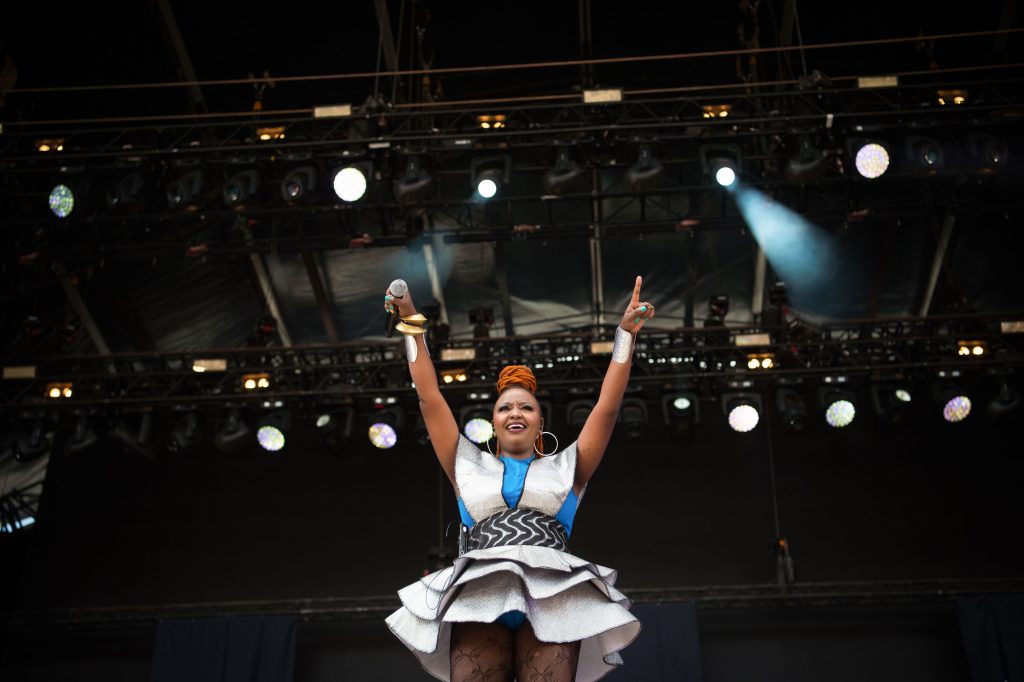
Support from African governments remains a valid subject of concern, as far as structural planning and investment in the creative arts is concerned. There is growing need to respond to the plight of its creatives across the board from their livelihood to their artistic work, and so far not much has been recorded. Lynn made no mention of the government’s direct support, and Salvado points to the petition, recently made by the umbrella association under which he falls, to the government seeking support for artists, but so far there has been no response.
Despite the overwhelming challenges that prevail, there is a silver lining of unexpected opportunities for artists and creatives. Salvado recognizes the exceptional power of a large platform, which he has to thank for enabling him to get back into regular employment on radio since the pandemic hit. He takes this opportunity seriously, now more than ever, while admitting he never imagined getting back into radio would be on the table. “This time, we’ve been given a life-long ongoing lecture – on never taking life for granted,” he says.
Salvado’s advice to young creatives was clear: to always have a “Plan B”, take advantage of every opportunity and remember it is more about the people around you than you. Carine similarly urged aspiring business people, especially those in conventional employment, to learn from these times the importance of a side-hustle. Because employment is not a permanent guarantee, Carine stressed that taking advantage of the power of social media to attract sales is a great way to start the process of diversifying one’s income streams.
Ultimately, online entertainment channels have emerged as a powerful means of creating and sharing creative content in a ground-breaking way. Though it remains to be determined how creatives across the board can monetize their work through these means. Diaka’s message to rising creatives emphasized the importance of continuing to create, even with the little they have, because waiting on government support may mean that they never get started.
The opportunities presented by this crisis should carry as much weight as the challenges, limited as they may be. Creatives and creative organisations across the continent, for one, have taken the time to collect information amongst one another through online polls, awareness events and conversations aimed at forging a collaborative way forward. By putting the same creative energy that artists do into their work into the response to the times are exactly what might pave the way for better, more sustainable structure for African creatives and their future.
Cover photo by YASUYOSHI CHIBA/AFP via Getty Images

